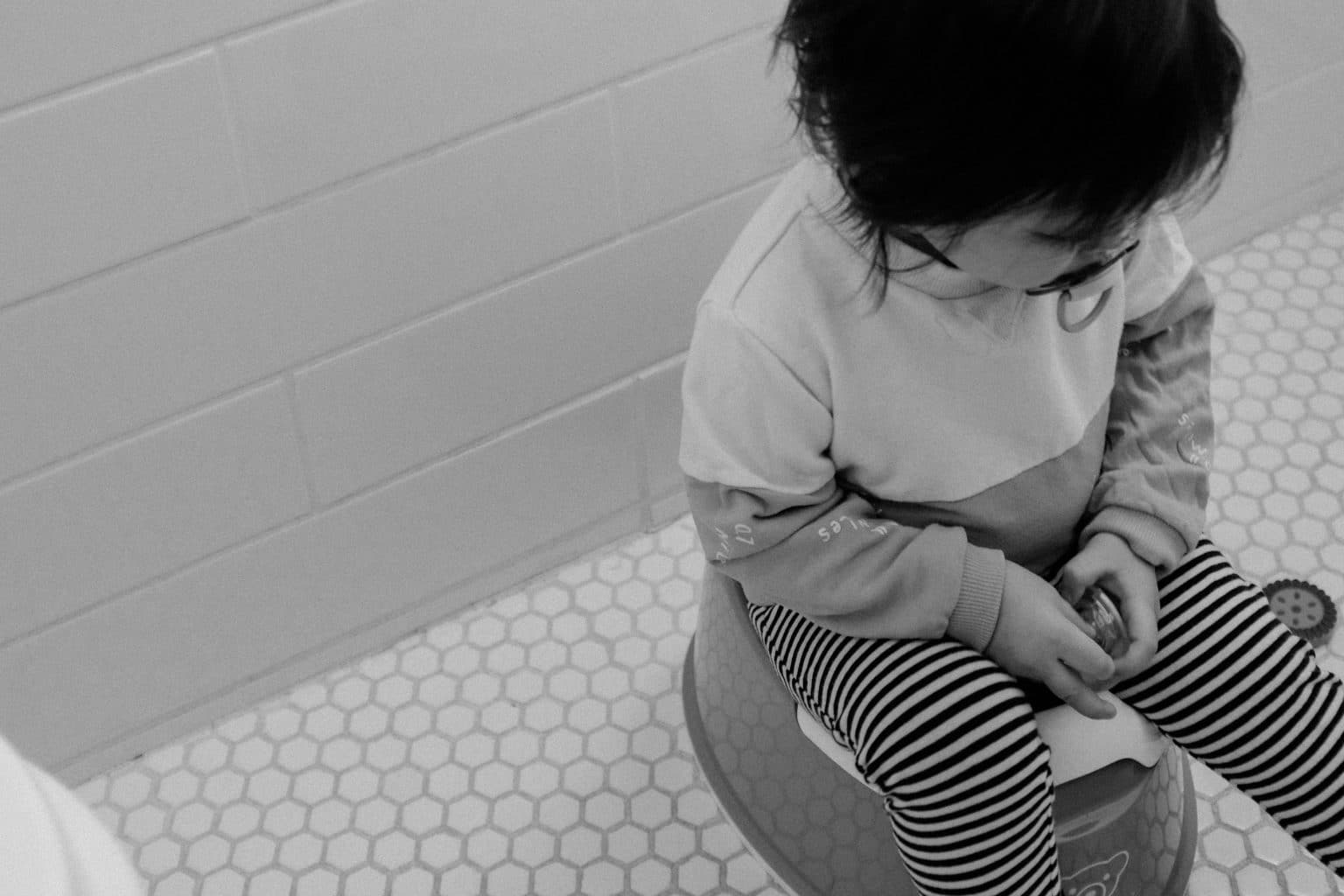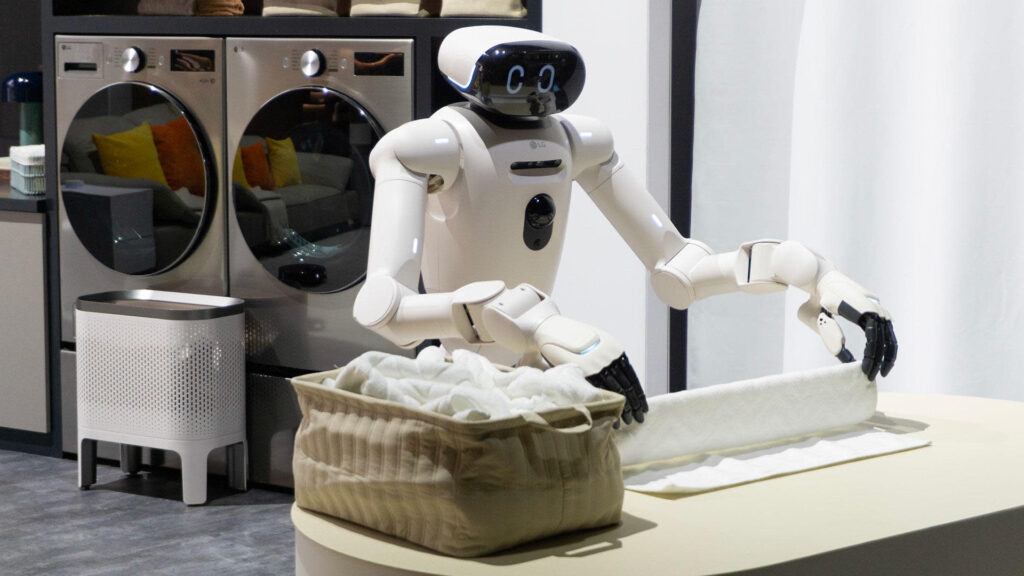Parents often wonder what age their child should be toilet or potty trained and how to do it. But here's a silver lining; helping a child out of diapers and into underwear doesn't need to require much work at all. If a parent is working overtime to get beyond the diaper or training pant phase, that’s a red flag that the child is not yet ready to move onto this phase. Really, the most work you need do is observe your child’s readiness and to model toileting behaviour.
Here are the two main signs of toilet training readiness:
- being bothered by wearing a wet diaper or training pant
- being interested when you or an older child uses the toilet
Getting started once your child is ready
When your child sends you the readiness signals, your job is to follow and guide along the way. Make sure your child is wearing training pants or a diaper that can be removed independently and that your toilet is easily accessible. Have a step stool and a child-sized toilet seat set into your regular toilet, or a potty set next to your toilet. Instead of bribing or pleading with your child to go to sit on the toilet, which often leads to power struggles and a delay in moving forward, let your child know that you trust him to let you know when he wants to sit on the toilet. Then, encourage more of the same behaviour by complementing the independence and initiative.
Keep in mind that boys will often develop at a slower rate than girls and that both genders will more typically master peeing in the toilet before they feel comfortable with making a bowel movement.
What if your child has past the typical potty training window?
Despite your best efforts, some children take longer than others to go from diapers into underwear. Sometimes that translates into a six-year-old wearing training pants to school because he can’t seem to pull himself away from an activity to go to the washroom. And sometimes it's your seven-year-old still wetting the bed a couple of times a week.
These instances can be extremely frustrating for parents. But for many children, accidents are just that, accidents. Children are not doing it on purpose. Remind yourself that it's important to not shame or punish kids about bedwetting or accidents.
Rule out any physical causes with your child’s doctor to address any typical delay in development. This might include not showing the signs of readiness mentioned above. (Bring it up with the doctor, even if he or she doesn’t ask about it.) Some doctors will take a wait-and-see approach while others might recommend further investigation.
Once any physical cause is ruled out, look at family history since there appears to be a genetic link around bedwetting. Also think about dynamics in the family that might be perpetuating the problem, such as a power struggle between parent and child. Think about treatment options such as using an alarm system that wakes a child any time he urinates on a special pad placed on his sheets. This creates more of a connection between his bodily function and need to wake up. Often, I refer to a clinic that specializes in working with children who have enuresis (repeated inability to control urination at night) or encopresis (fecal soiling).
Through the Ages
Toddler
While some older toddlers appear eager to wear “big kid” underwear, most seem quite comfortable in their diapers. Toddlers will observe your toileting habits, as well as those of older siblings , but each develops at their own pace. Don’t pressure them too much to get them out of diapers—especially if there are no signs of readiness. This may discourage your toddler from progressing.
Preschool
It’s normal for preschoolers (especially nursery aged} to wear diapers and training pants as they move towards increased independence with toileting. Patience and observation are key during this stage of development. Your response to “accidents” or urgency on your part to move your child forward quickly may have a negative effect and may actually retard any progress. If you are interested in enrolling your child in a preschool program that insists children be out of diapers or fully “toilet trained” (and your child is not), then it may be wise to look for an alternative program rather than force your child before he or she is ready.
School-Aged
While the majority of children are toilet trained by the time they enter Grade 1, there are still many who, for various reasons, have accidents during the day. You would likely be working with your child’s doctor to try to figure out the cause for the delay. In the meantime, it’s important to help your child feel accepted in school. If, for example, your child is having a hard time staying dry through the day, don’t insist that he wear underwear until the problem is resolved. This can cause too much stress and anxiety, and potential embarrassment.
Originally published in ParentsCanada magazine, April/May 2016.










